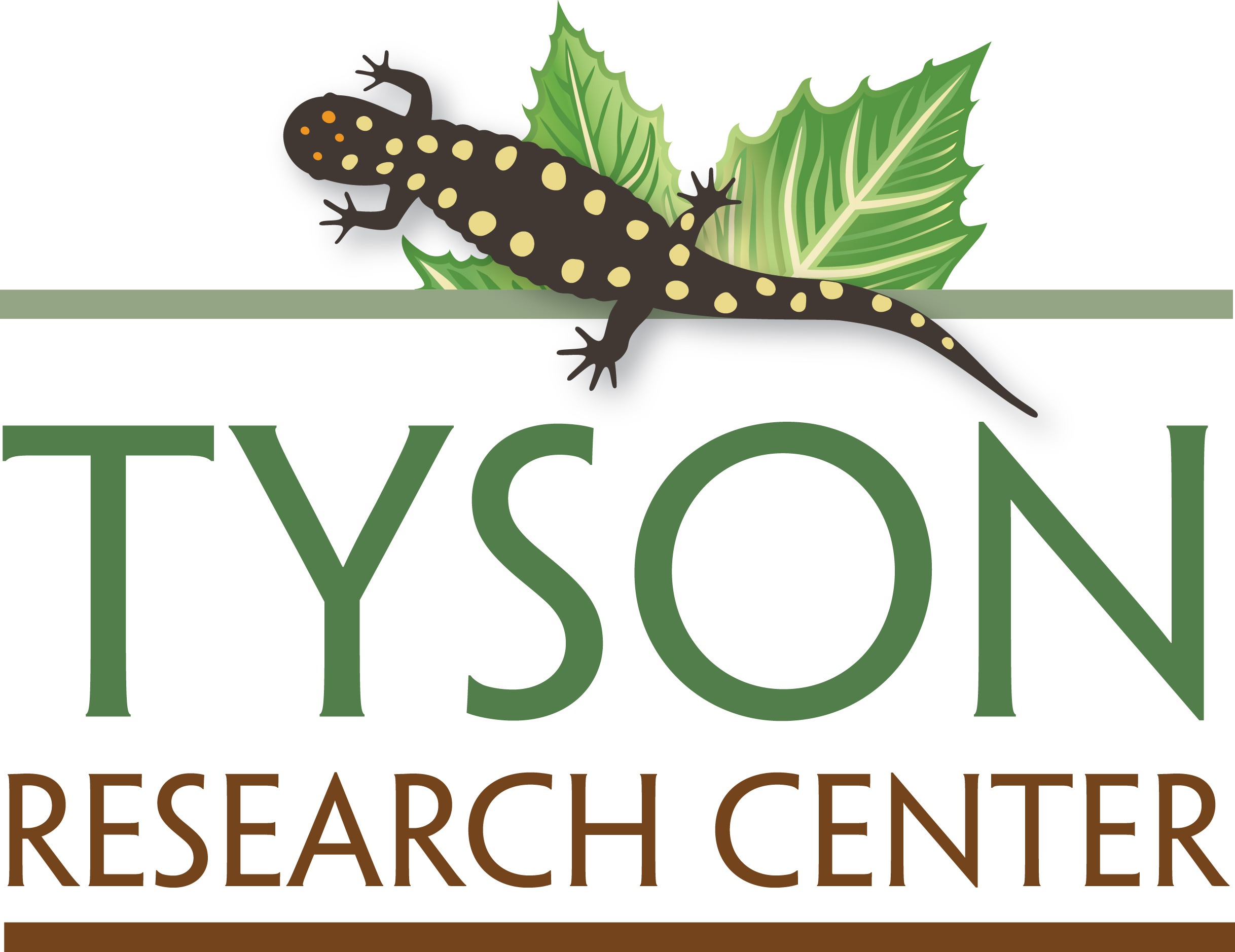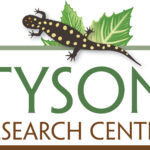
Tyson is the environmental field station for Washington University in St. Louis and a resource for faculty, staff, and students at WashU and beyond. Together with our laboratory and experimental facilities, our landscape provides opportunities for multi-scale research and teaching. We encourage interdisciplinary collaboration and integrate educational programs into principal investigator’s research programs for authentic research apprenticeships. We provide enthusiastic pre-college and undergraduate students with hands-on research experience in the natural and environmental sciences.
Tyson consists of approximately 2,000 acres at the northern edge of the Missouri Ozark region, with a variety of ecosystems resulting from the geology, topography, hydrology, and historical disturbances of the area. As private property, Tyson protects natural resources for research and education purposes, and the surrounding 4,000 acres of natural areas create a buffer from suburban development. In addition to our natural features, we have implemented a number of sustainability initiatives, ranging from new environmentally friendly buildings to retrofitting older systems to run efficiently.
We recognize that collaboration and mutual respect lead to better science, and that large-scale environmental field research benefits from teamwork across all levels of expertise. Our researchers come from St. Louis and around the world to conduct research and to participate in our community events.
Our commitment to social justice was developed in 2020. We envision Tyson as a constantly evolving, radically inclusive environmental field station where people feel they belong and can thrive.
We welcome everyone to Tyson!
-

- North America
- 6750 Tyson Valley Road
- Eureka
- 63025
- United States
- Missouri
- 38
- 90
- tyson@wustl.edu
- https://tyson.wustl.edu/
- 1963
- 1970
- Yes
- Washington University in St. Louis
- 1 Brookings Drive
- St. Louis
- 63130
- United States
- Missouri
- Elizabeth Biro
- ebiro@wustl.edu
- Natural Resources Coordinator & Staff Scientist
- 6750 Tyson Valley Road
- +13149358438
- Kim Medley
- kim.medley@wustl.edu
- Susan Flowers
- flowers@wustl.edu
- Ruth Ann Bizoff
- rabizoff@wustl.edu
- ebiro@wustl.edu
- Solny Adalsteinsson
- solny.adalsteinsson@wustl.edu
- Staff Scientist
- Over $1,000,000
- 501-1000
- Yes
- No
- Yes
- Yes
- 11-20
- 11-20
- 0
- 26-50
- Yes
- On Grid
- 0-20 minutes
- Yes
- Undergraduate
- Yes
- Terrestrial
- Temperate Forest
- 0-100 meters
- 301-750 meters
- C (temperate)
- Yes
- Rural
- Yes
- Yes
- Yes
- Yes
- Yes
- Yes
- Yes
- 30
- 20
- 50
- Year Founded
- 1963
- Year Joined OBFS
- 1970
- Size of Field Station (hectares)
- 501-1000
- FSML Web Address
- https://tyson.wustl.edu/
- Private nonprofit organization?
- Yes
- Universities affiliated / Parent Organization
- Washington University in St. Louis
- Federal, state, or local governmental partners?
-
No
- Member of the Virtual Field
- No

